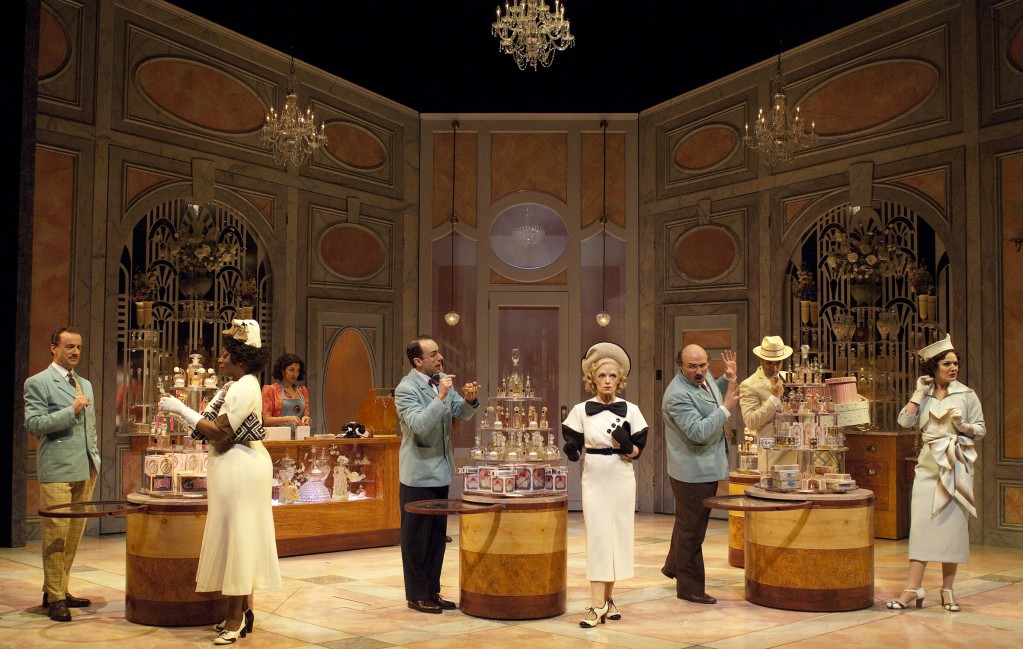
By Laura Grimes
Mr. Scatter has been hogging the blog of late. I forgive him, though. It’s not like he’s been eating bonbons. I know full well that he’s the muscle to my muse, the bacon to my trifle.
Art Scatter works to deliver a full-course meal, and I don’t mind being the pastry chef. There’s no shame in that. Funny writing comes with its own tricks and techniques, craftsmanship honed to a sharp wit.
I can’t do what Mr. Scatter does, and, I hate to tell him, but … let’s just say he suggested adding a line to one of my posts a little while back, which was a great idea in thought, but the words – well, I was at a loss how to delicately tell him that he just cast a lead weight in my lightly flowing stream.
I explained that one of the first rules of humor writing is not to reveal an obvious punchline straight off the bat. Take a joke and yank it in another direction and then yank it again. Come in sly on the side, tease it, stretch it and make people reach for it and discover it for themselves. Therein lies all the fun.
And then I stopped talking. I blinked at my current first husband a couple of times. He blinked back at me. I realized I was explaining the craft of writing – to my husband, of all people. But I was explaining a different type of writing than what he’s practiced for eons. It takes a whole different brain from a whole different angle.
Continue reading Does this blog make me look fat? Musicals, comedy and a true confession

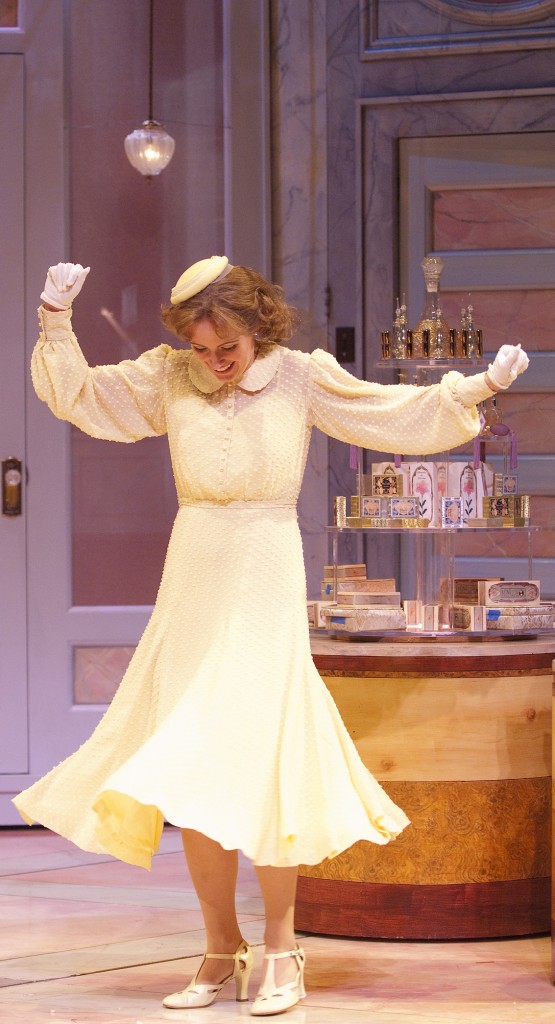 Brooke Parks and Christian Barillas, for instance, who play sister and brother Viola and Sebastian in Twelfth Night, return as sister and brother Caroline and Charles Bingley in Pride and Prejudice. Lisa McCormick, who calculates her future so carefully as the practical Charlotte Lewis in P&P, stumbles headstrong into love as the shopgirl heroine in She Loves Me. Dawn-Lyen Gardner, survivor of rape and warfare in Ruined, becomes a lucky lady-in-waiting in The Merchant of Venice. One way or another, love is in the air all over these plays. And couldn’t Merchant almost have been titled Pride and Prejudice?
Brooke Parks and Christian Barillas, for instance, who play sister and brother Viola and Sebastian in Twelfth Night, return as sister and brother Caroline and Charles Bingley in Pride and Prejudice. Lisa McCormick, who calculates her future so carefully as the practical Charlotte Lewis in P&P, stumbles headstrong into love as the shopgirl heroine in She Loves Me. Dawn-Lyen Gardner, survivor of rape and warfare in Ruined, becomes a lucky lady-in-waiting in The Merchant of Venice. One way or another, love is in the air all over these plays. And couldn’t Merchant almost have been titled Pride and Prejudice?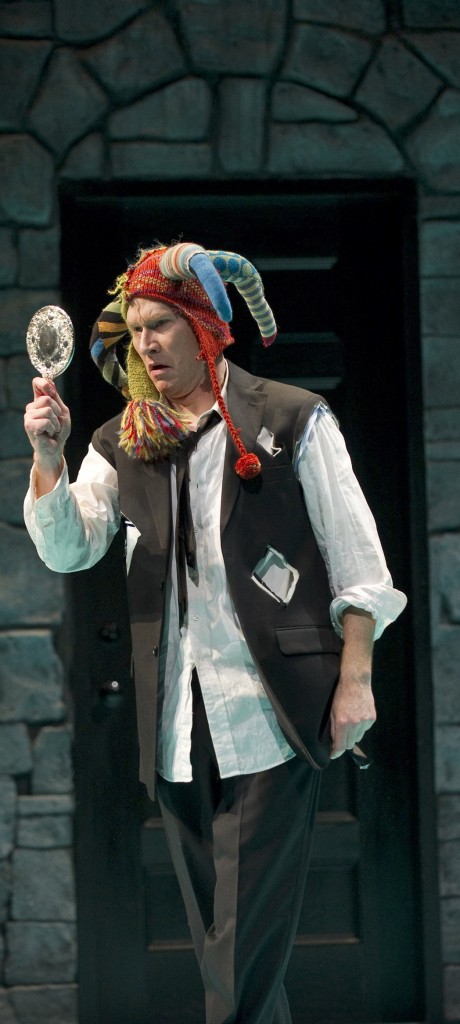 As Hamlet in the
As Hamlet in the 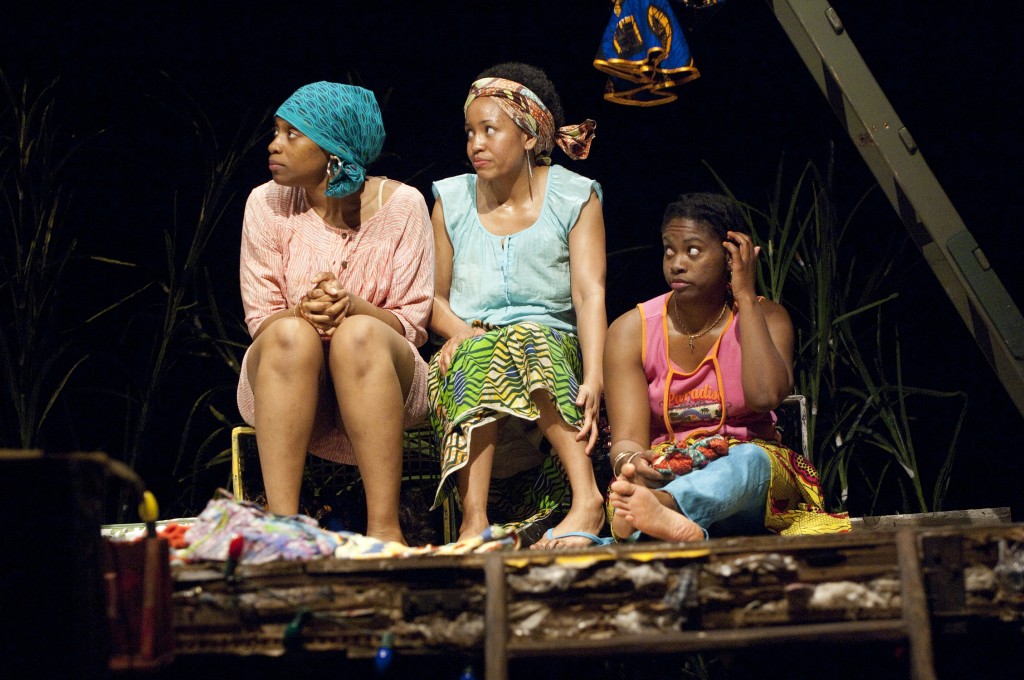

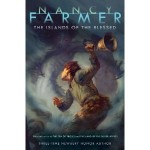 When The Large Smelly Boys bicker in the car, I hit play and they magically silence before the almighty audio book. Nancy Farmer, god bless her. Past summers we plowed through her The Sea of Trolls and The Land of the Silver Apples. Just to be safe, we have along her The Islands of the Blessed on iPod, CD and hard copy. Thank heavens, because we’ve used all of them. In less than a week, the hard copy was devoured by two members of the Scatter Family.
When The Large Smelly Boys bicker in the car, I hit play and they magically silence before the almighty audio book. Nancy Farmer, god bless her. Past summers we plowed through her The Sea of Trolls and The Land of the Silver Apples. Just to be safe, we have along her The Islands of the Blessed on iPod, CD and hard copy. Thank heavens, because we’ve used all of them. In less than a week, the hard copy was devoured by two members of the Scatter Family.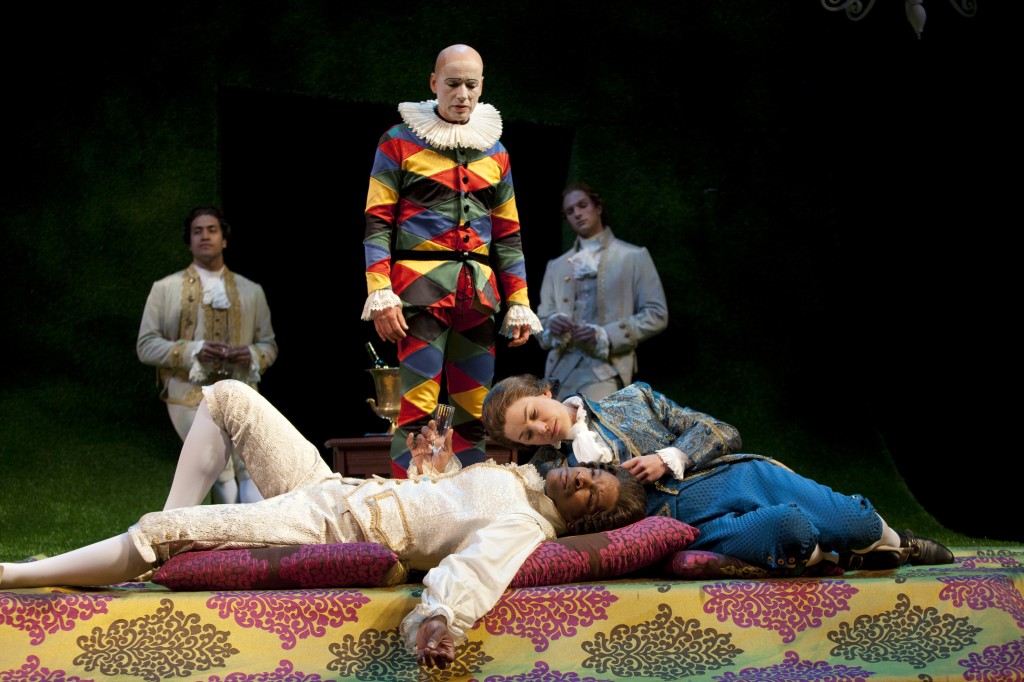

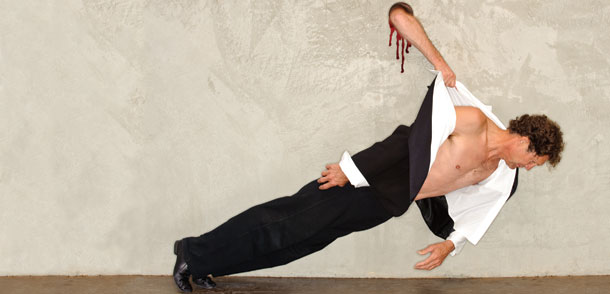
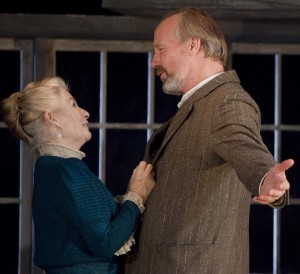 I think of this because the big deal in Puddletown this weekend is Saturday night’s opening of
I think of this because the big deal in Puddletown this weekend is Saturday night’s opening of 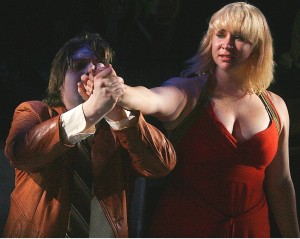 The second was
The second was  At his perch on the news desk, Charlie was known to lightly mock certain passages of flowery writing as he slashed through copy with his big black pencil. Sometimes he’d sigh or giggle and choose to overlook a phrase that not so privately drove him crazy: He knew which writers had permission to roam and which did not. But that didn’t stop him from pulling out his inkpad and his favorite stamp and branding the hard copy with his own gleeful judgment. The type was in a florid, immediately post-Gutenberg, barely readable old gothic. “WRETCHED EXCESS,” it said.
At his perch on the news desk, Charlie was known to lightly mock certain passages of flowery writing as he slashed through copy with his big black pencil. Sometimes he’d sigh or giggle and choose to overlook a phrase that not so privately drove him crazy: He knew which writers had permission to roam and which did not. But that didn’t stop him from pulling out his inkpad and his favorite stamp and branding the hard copy with his own gleeful judgment. The type was in a florid, immediately post-Gutenberg, barely readable old gothic. “WRETCHED EXCESS,” it said.